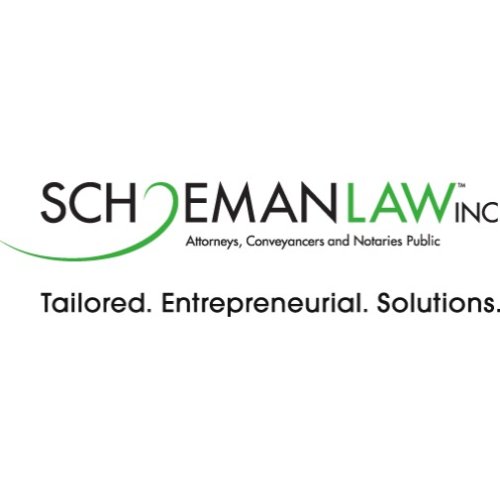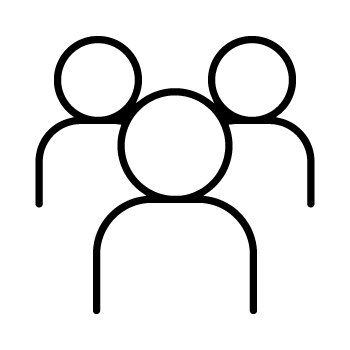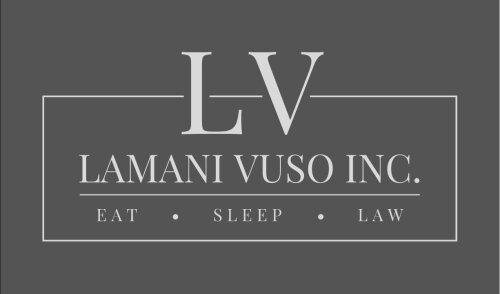Best Ethics and Professional Responsibility Lawyers in Cape Town
Share your needs with us, get contacted by law firms.
Free. Takes 2 min.
List of the best lawyers in Cape Town, South Africa
About Ethics and Professional Responsibility Law in Cape Town, South Africa
Ethics and Professional Responsibility law in Cape Town, South Africa, is focused on the standards of professional conduct expected from individuals and organizations. It addresses the ethical obligations of professionals, ensuring they adhere to principles such as honesty, integrity, fairness, and accountability. Key areas include legal ethics for attorneys, professional codes for various industries, and regulations against malpractice or misconduct. With Cape Town being a hub for diverse industries, the enforcement of these ethical standards is crucial for maintaining trust and transparency in professional services.
Why You May Need a Lawyer
Individuals or businesses may require legal advice in the field of Ethics and Professional Responsibility for several reasons, including:
- **Disciplinary Hearings:** Professionals facing disciplinary actions from their governing bodies may need legal representation to navigate hearings and defend against allegations.
- **Ethical Compliance:** Businesses seeking to establish or enhance ethical compliance programs may need legal guidance to align their policies with local laws and industry standards.
- **Misconduct Allegations:** Professionals accused of unethical behavior or malpractice may need legal assistance to dispute claims or negotiate settlements.
- **Regulatory Inquiries:** Engaging with regulatory bodies investigating ethical violations or compliance issues may necessitate legal counsel.
- **Third-party Disputes:** Conflicts arising from perceived ethical breaches in contractual relationships may require mediation and legal advice.
Local Laws Overview
In Cape Town, local laws governing Ethics and Professional Responsibility are primarily enshrined in sector-specific regulations and national legislation. Key aspects include:
- **Legal Profession Act:** Governing the conduct of legal professionals, this act establishes standards for practice, client relations, and disciplinary procedures.
- **Code of Conduct for Registered Auditors:** This mandates ethical compliance for auditors, emphasizing independence and integrity in financial reporting.
- **Health Professions Act:** It outlines the ethical obligations of healthcare workers in providing care and confidentiality to patients.
- **Corporate Governance Framework:** Including the King IV Report, this framework guides businesses on maintaining ethical practices within corporate structures.
- **Fair Trading Laws:** These enforce ethical behavior in commerce, preventing deceptive practices and ensuring consumer protection.
Frequently Asked Questions
What constitutes a professional ethical breach?
An ethical breach occurs when a professional fails to adhere to the established standards and codes of conduct of their profession, such as confidentiality, honesty, or integrity.
How do I file a complaint against unethical professional conduct?
Complaints can typically be submitted to the professional's governing body, such as the Legal Practice Council for lawyers or the Health Professions Council for healthcare professionals.
Can my business face penalties for failing to comply with ethical standards?
Yes, businesses can face fines, sanctions, or reputational damage if found in violation of ethical standards, especially within regulated industries.
What is the role of the Ethics Institute in South Africa?
The Ethics Institute is a non-profit organization advocating for ethical behavior in various sectors, providing resources and training to promote integrity and accountability.
Do ethical guidelines vary across professions?
Yes, each profession has its specific ethical guidelines, dictated by their respective regulatory bodies or industry standards.
How do South African laws address conflicts of interest?
South African laws require professionals to disclose conflicts of interest to maintain transparency and ensure decisions are made impartially.
What should I do if I suspect ethical misconduct in my workplace?
You should report it to the appropriate authority within your organization or the overseeing regulatory body, ensuring you maintain confidentiality and follow proper procedures.
Is whistleblowing protected by law in South Africa?
Yes, the Protected Disclosures Act offers protection to employees who report unethical conduct, ensuring they are not victimized for their disclosures.
Are there specific ethics training programs available in Cape Town?
Yes, several institutions offer ethics training programs aimed at enhancing ethical awareness and compliance among professionals and organizations in various sectors.
What happens if a legal professional is found guilty of ethical violations?
Consequences can include suspension, disbarment, fines, or other disciplinary actions depending on the severity of the violation.
Additional Resources
For further information and assistance, consider the following resources:
- **Legal Practice Council:** Responsible for regulating the conduct of legal professionals.
- **Health Professions Council of South Africa:** Oversees ethical standards for healthcare professionals.
- **Ethics Institute:** Provides research and training on ethical practices in South Africa.
- **South African Institute of Chartered Accountants (SAICA):** Offers guidelines and support for ethical compliance in the accounting profession.
- **Office of the Ombud for Financial Services Providers:** Addresses ethical breaches within the financial sector.
Next Steps
If you require legal assistance related to Ethics and Professional Responsibility in Cape Town, consider taking the following steps:
- **Identify Your Needs:** Clearly outline the ethical issue you're facing and determine the specific assistance you require.
- **Consult a Specialist:** Seek out legal professionals who specialize in Ethics and Professional Responsibility law to ensure expert advice.
- **Gather Documentation:** Collect all relevant documents, correspondences, and evidence related to your case to facilitate an informed consultation.
- **Schedule a Consultation:** Arrange a meeting with a lawyer or legal advocate to discuss your situation and explore available legal remedies.
- **Follow Legal Advice:** Based on the consultation, follow through with the recommended legal course of action while maintaining communication with your lawyer.
Lawzana helps you find the best lawyers and law firms in Cape Town through a curated and pre-screened list of qualified legal professionals. Our platform offers rankings and detailed profiles of attorneys and law firms, allowing you to compare based on practice areas, including Ethics and Professional Responsibility, experience, and client feedback.
Each profile includes a description of the firm's areas of practice, client reviews, team members and partners, year of establishment, spoken languages, office locations, contact information, social media presence, and any published articles or resources. Most firms on our platform speak English and are experienced in both local and international legal matters.
Get a quote from top-rated law firms in Cape Town, South Africa — quickly, securely, and without unnecessary hassle.
Disclaimer:
The information provided on this page is for general informational purposes only and does not constitute legal advice. While we strive to ensure the accuracy and relevance of the content, legal information may change over time, and interpretations of the law can vary. You should always consult with a qualified legal professional for advice specific to your situation.
We disclaim all liability for actions taken or not taken based on the content of this page. If you believe any information is incorrect or outdated, please contact us, and we will review and update it where appropriate.















